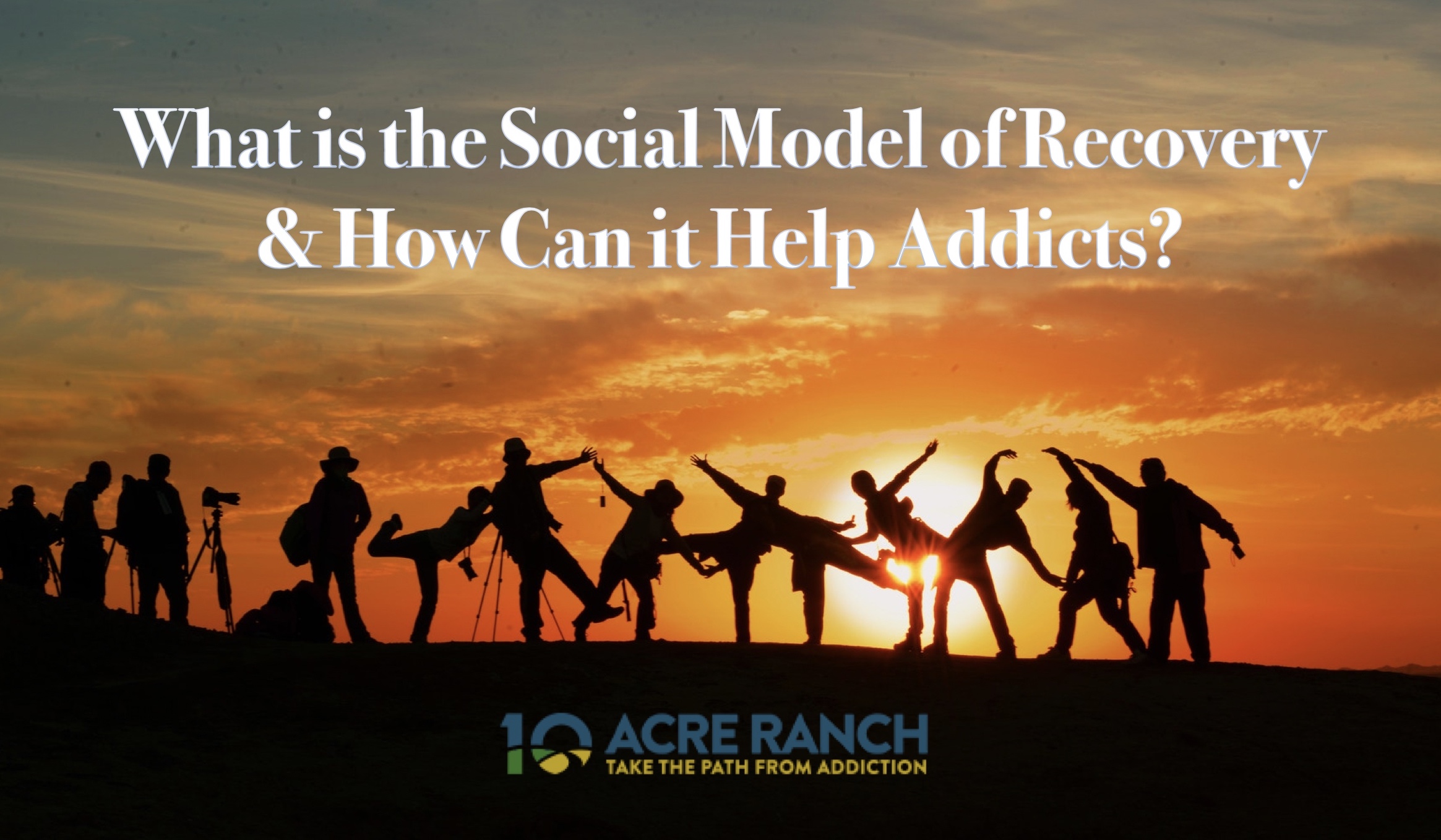
In today’s fast-paced world where drugs seem to be increasingly more available as markets for illicit drugs persist even after years of policing, it is no surprise that people suffering from an addiction to drugs or alcohol have also increased in numbers. With the coronavirus pandemic keeping everyone at home, away from family and friends, alcohol and drug abuse has seen a sharp increase in just the last six months.
Drug overdose deaths have also increased substantially. The social model of recovery is an important component of most addiction treatment programs. With the lack of social interaction, how are people who are currently struggling or, inactive recovery able to find crucial peer support networks and resources? The problem is staggering, especially as alcohol and drug abuse only continue to rise.
Statistics on Alcohol & Drug Abuse:
The United States alone is estimated to have 21 million people who suffer from substance abuse problems every day.
According to the Substance Abuse and Mental Health Services Administration, 5.1 million young adults ranging in age from 18-25 suffered from a substance abuse disorder of some kind in the year of 2017– that’s nearly 15% of the population in that entire age group. For adults over the age of 26, that number grew to 13.6 million people, while only accounting for 5% of the population within that age group.

Even more interestingly so, was that for the elderly population, meaning anyone above the age of 65, the number of people who suffered from an addiction to drugs or alcohol rose to a number just over one million. With numbers like that it would come as no surprise that someone may have either experienced their own substance abuse problems or knew someone that had. Even with those odds, many people also know that there is a chance for recovery. Programs like Alcoholic Anonymous (AA) and Narcotics Anonymous (NA) are testaments that sobriety can be achieved given the right tools and knowledge. Many have been down that same path of destruction, caused by using drugs or alcohol, and there are those who have recovered, although many not without help. While addiction itself has been around for some time, it wasn’t just until recently that we began to understand how it all works.
Understanding the Root Causes of Addiction has Helped Shape Treatment Initiatives
What was first misunderstood as a problem with people having low morals, or a lack of self-control, we now know that is not the case at all. Addiction is a brain disease that is caused by chemical changes to the structure and the function of the brain. These changes can have a lasting effect, depending on the severity of use. This is one reason why many people who suffer from a substance abuse disorder are unable to stop using drugs or alcohol on their own, especially without getting help. As science got a better understanding of just how addiction worked, new therapies were being developed in order to help people who may be suffering. Today, the social model of recovery is one of the most widely practiced recovery techniques.

How The Social Model of Recovery Works in Addiction Treatment Programs
Using a social model of recovery can be defined in a number of ways. This technique takes a peer-oriented approach to relearn responses to challenges, stresses, and anxieties by experiencing the situation in a new way by observing a role-model. These types of programs also place a strong emphasis on things like peer-support, building strong connections, and holding each other accountable. All too often, an addict is also suffering from a lack of social support.
A social model of recovery aims to build a strong community of support that encourages and promotes good changes in behavior, while also giving that person a sense of connection. These types of programs became popular in California, especially as a lower cost option to the more clinical rehabilitation setting that some addicts often find uncomfortable. As with every individual who suffers from an addiction to drugs or alcohol, their recovery program needs to be just as unique. For many who have struggled with addiction, the social model of recovery has been the option that saved them. Scientists and addiction specialists all seem to agree that the more social connection an addict has, (outside of their life that revolves around drugs), the better chance they have at achieving a lasting sobriety.
Humans have evolved as social creatures, and we begin learning from a very young age by watching what other people around us do. This makes sense, as there was strength in numbers and we had to learn to get along to form a working society. Unfortunately, “monkey see monkey do” may be one of the biggest reasons as to why there was an addiction in the first place. Many of us grew up watching our parents or siblings, not only that, but research suggests that genetics make up for anywhere between 40-60% of the likelihood that someone will develop an addiction. Needless to say, it could be very easy to understand how it would be a more successful approach to recovery, by learning how to live a life of sobriety through watching what other people in recovery are also doing.
How the Social Model of Recovery Helps Addicts
There are many reasons why the social model of recovery can be helpful to recovering addicts. These programs give them a chance to learn how to adapt to stresses or challenges in life without needing drugs or alcohol. These programs also allow the chance for a strong social support group to be built, one that will hold each other accountable and offer advice for dealing with whatever life may throw at them, all while staying sober. There are those who say that the opposite of addiction is connection, and for many that is true. As mentioned earlier, Alcoholics Anonymous (AA) is perhaps the most widely-known example of the social model of recovery. But sometimes, attendance to these programs just aren’t enough, especially very early on in recovery. That is why there are also many residential and inpatient rehabilitation programs for drugs and alcohol, regardless of your age.
Here at 10 Acre Ranch, we understand what it takes to lead a life that is successful in sobriety. We know that addiction is never one size fits all, and we offer many individualized programs that are tailored to fit the specific needs of any person who needs it. We even have programs for employers who want to help their employees who are struggling with the deadly disease of addiction. We believe in the power of social interaction and the benefit of learning from your peers, many who have been in recovery would say that they couldn’t do it without the help of the people in their recovery support group.







